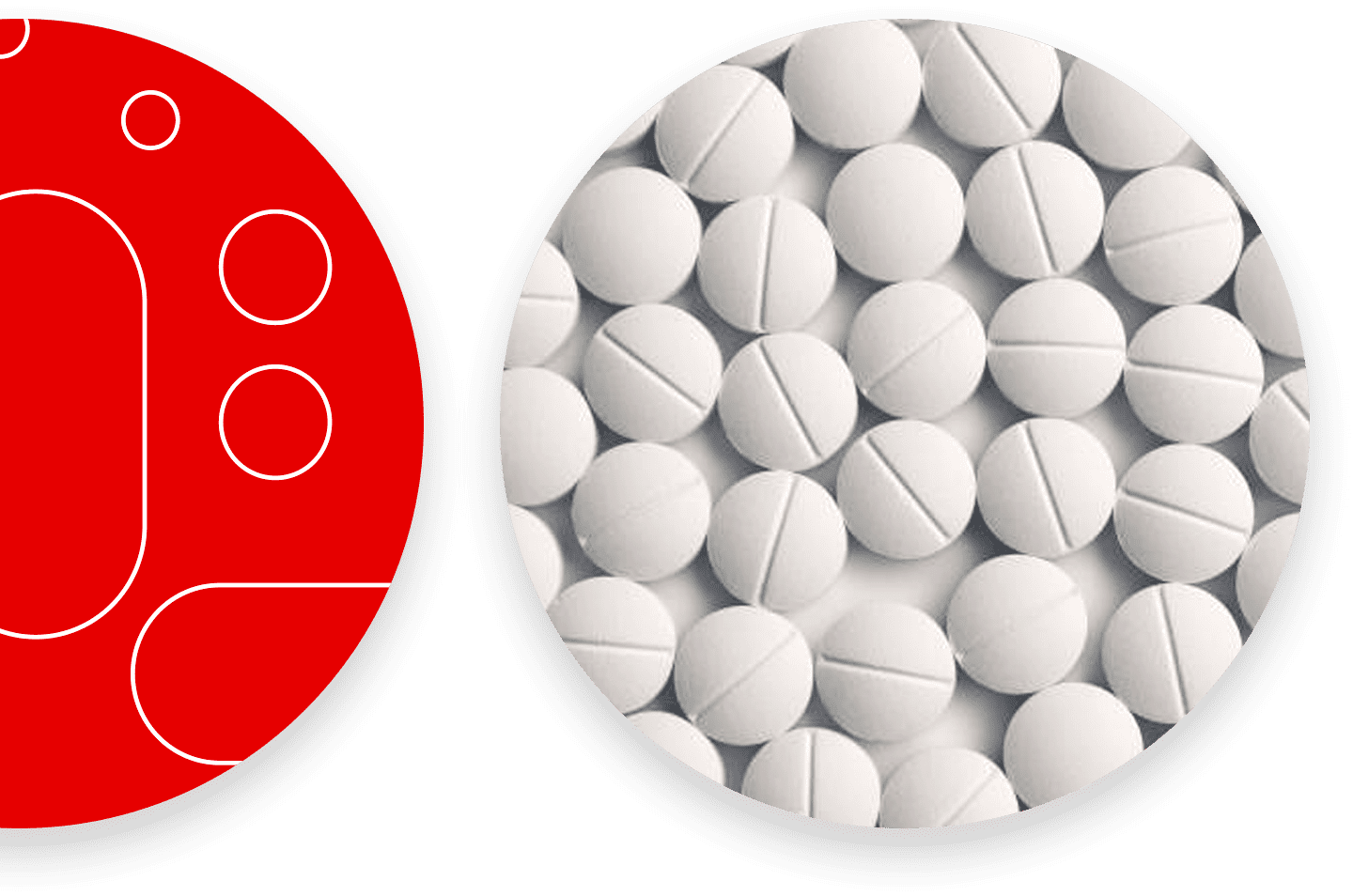Assess Genetic Risk for Opioid Use Disorder with AvertD™
AvertD is a test, approved by the United States FDA, that uses patient DNA to determine whether they have a specific set of genetic variants that may be associated with an elevated genetic risk of developing opioid use disorder (OUD). Information from AvertD may be used as part of a clinical evaluation and risk assessment to provide patients and healthcare providers with information that can be used to aid in treatment decision-making prior to the first prescription of oral opioids for 4-30 days for acute pain, such as in patients scheduled to undergo a planned surgical procedure, and who consent to having the test performed.
Assess Genetic Risk for Opioid Use Disorder with AvertD™
AvertD is a test, approved by the United States FDA, that uses patient DNA to determine whether they have a specific set of genetic variants that may be associated with an elevated genetic risk of developing opioid use disorder (OUD). Information from AvertD may be used as part of a clinical evaluation and risk assessment to provide patients and healthcare providers with information that can be used to aid in treatment decision-making prior to the first prescription of oral opioids for 4-30 days for acute pain, such as in patients scheduled to undergo a planned surgical procedure, and who consent to having the test performed.

Who Has an Elevated Genetic Risk for Opioid Use Disorder?
Although opioids may be of benefit in the treatment of pain when used as prescribed, the use of opioids may lead to dependence, misuse, and addiction in some people. A combination of several poorly understood factors (including genetic and non-genetic factors) may contribute to opioid misuse and abuse. AvertD, approved using buccal swab specimens collected from individuals who are 18 years of age and older, detects and identifies 15 genetic polymorphisms that may be associated with an elevated genetic risk for developing OUD. AvertD may be used as part of a complete clinical evaluation and risk assessment to identify patients who may be at elevated risk of developing OUD.

Know the Genetic Risk for Developing Opioid Use Disorder Prior to First Prescription
AvertD is a clinically validated genetic test that analyzes 15 genetic markers involved in the brain reward pathways associated with addiction to identify if a patient may have an elevated genetic risk for developing Opioid Use Disorder (OUD). When a first prescription of oral opioids is being considered to treat acute pain, AvertD provides personalized genetic risk information to physicians and their patients, which can be used to help tailor their pain management plan accordingly.
NOTE: Because genetics are only one factor in understanding the risk of developing OUD from using oral opioids, AvertD test results should always be used in conjunction with a complete clinical evaluation to determine the appropriateness of oral opioids in an acute pain management plan.
Know the Genetic Risk for Developing Opioid Use Disorder Prior to First Prescription
The clinical performance of AvertD was evaluated through a blinded, multi-center study which determined the genetic risk score in patients who self-reported an initial exposure to opioids from 1 to 51 years prior to sample collection (n=381). All patients took oral opioids for between 4 and 30 days and were evaluated for OUD at least one year post-exposure. Of the OUD positive patients in the clinical study, AvertD correctly assigned an Elevated Genetic Risk score to 82.8% (95% CI: 76.3 – 88.1%) of the patients. Of the OUD negative patients in the clinical study, AvertD correctly assigned a Non-Elevated Genetic Risk score to 79.2% (95% CI: 73.1 – 84.5%) of the patients.
NOTE: Because genetics are only one factor in understanding the risk of developing OUD from using oral opioids, AvertD test results should be used in conjunction with a complete clinical evaluation and risk assessment of the patient to determine an appropriate pain management plan.

Learn More About AvertD
I am a healthcare provider interested in offering AvertD at my practice to patients.
I am a patient interested in learning more about AvertD for myself or a loved one.

